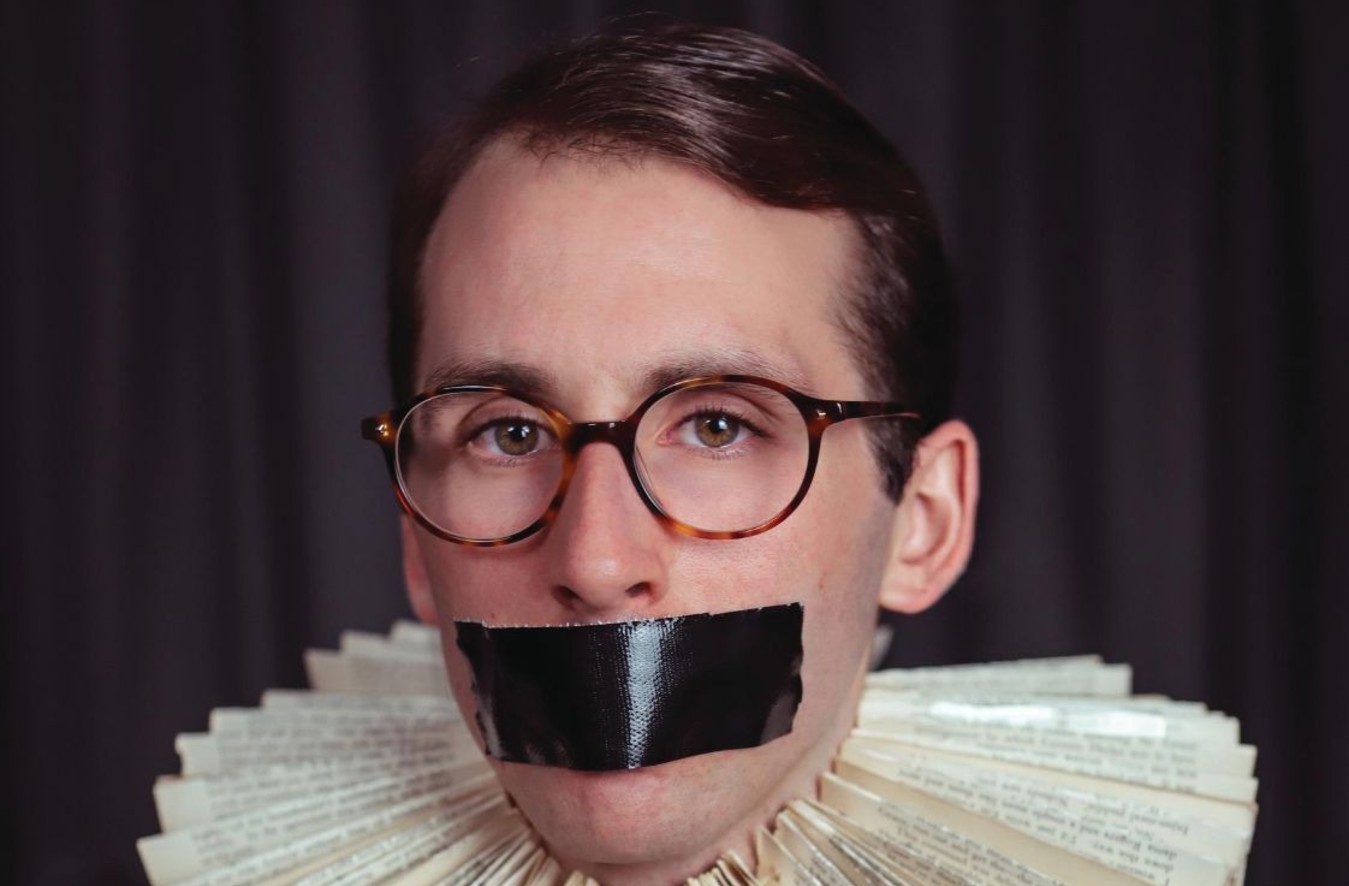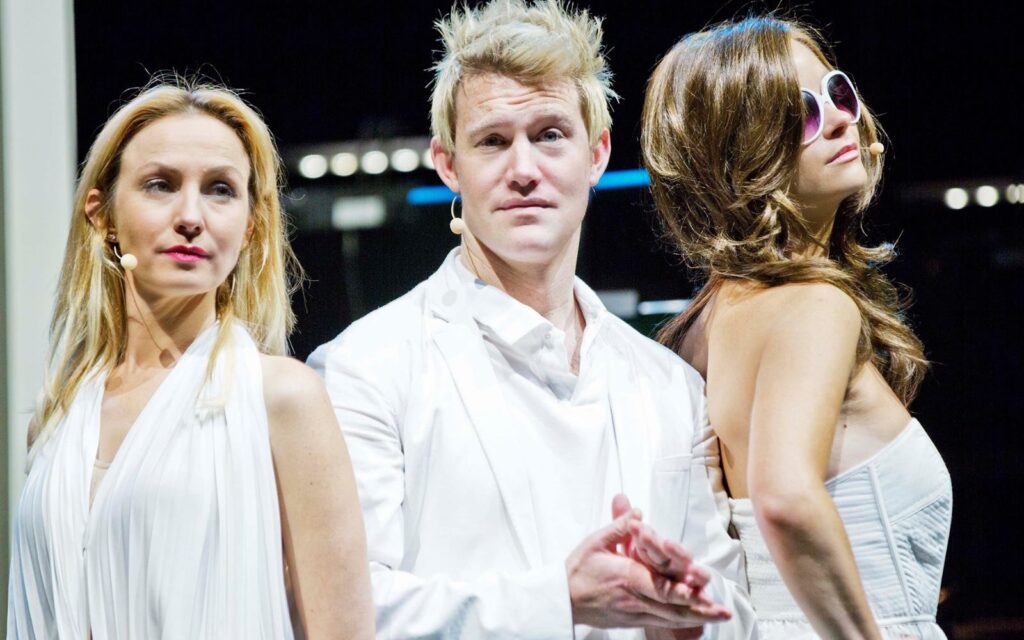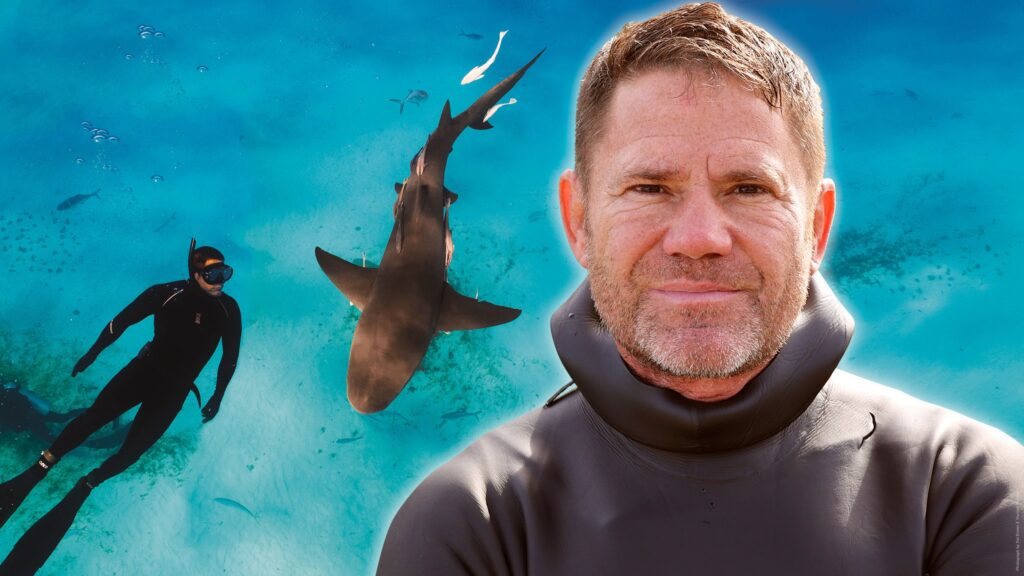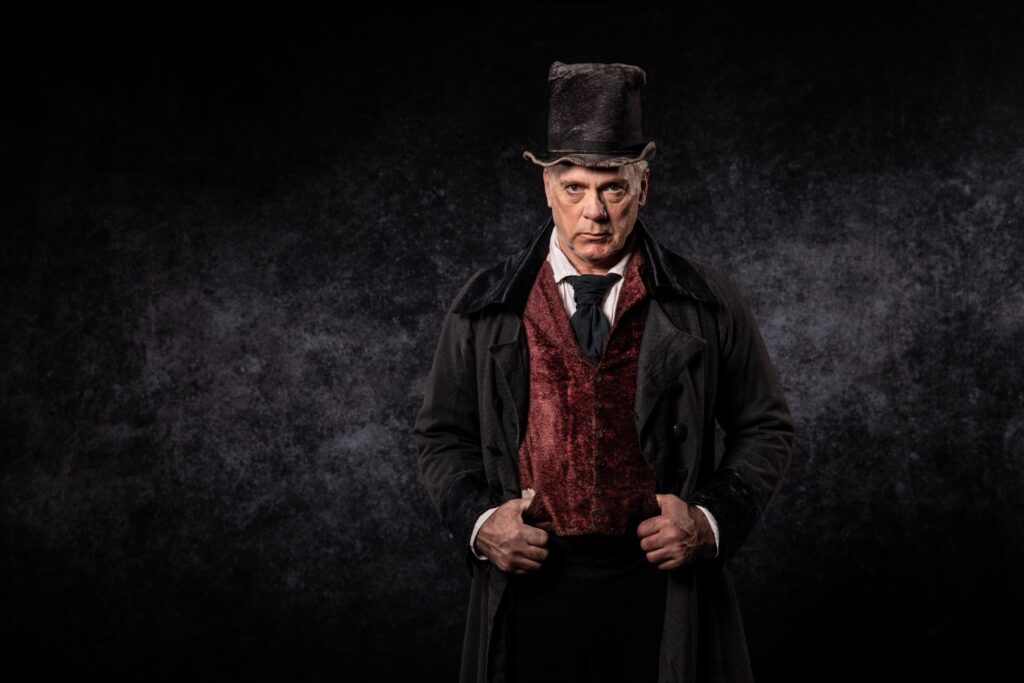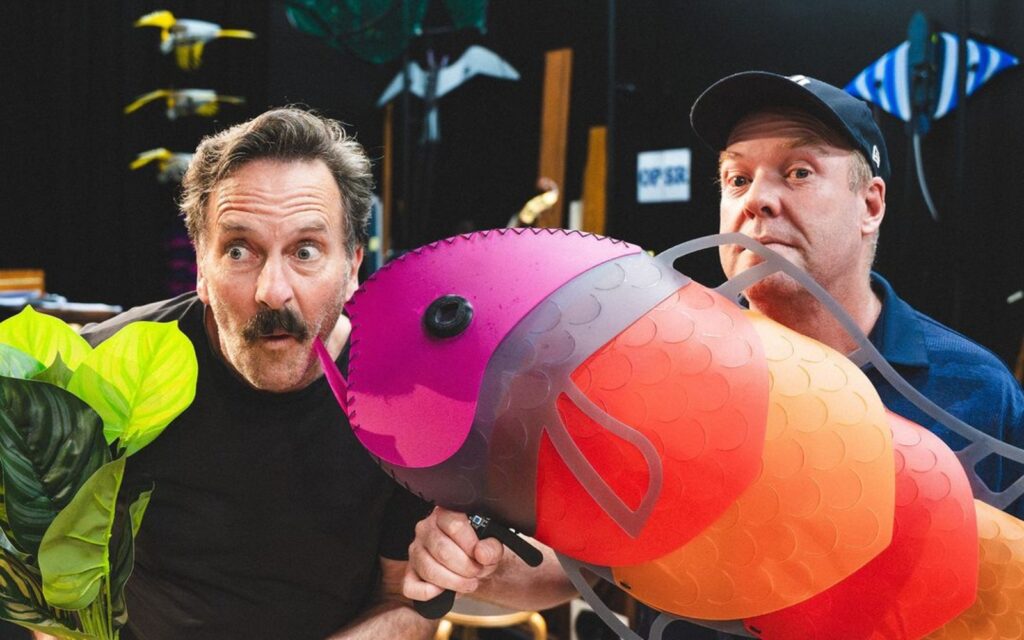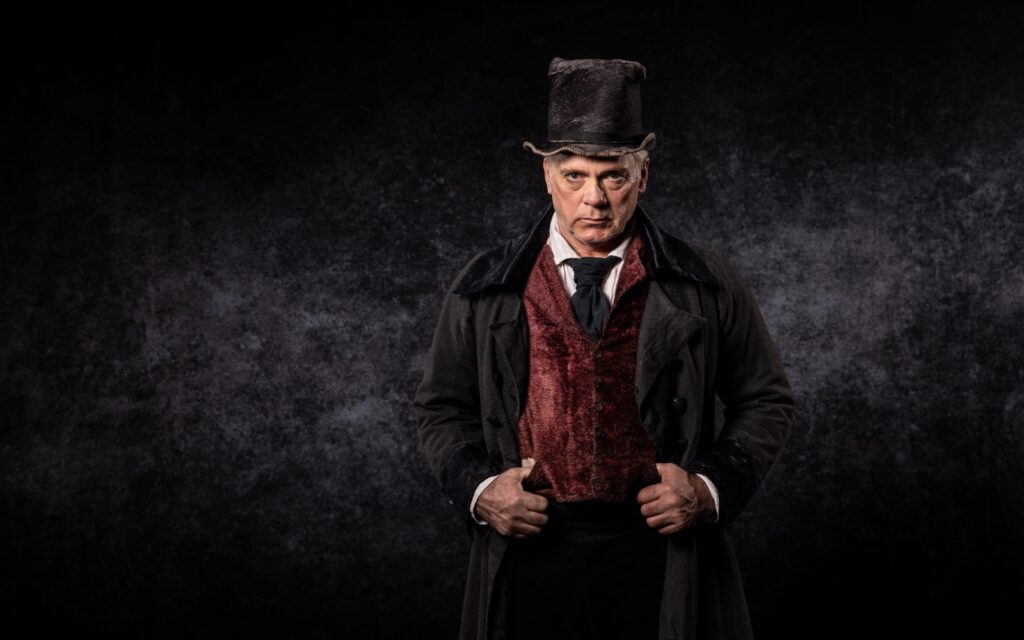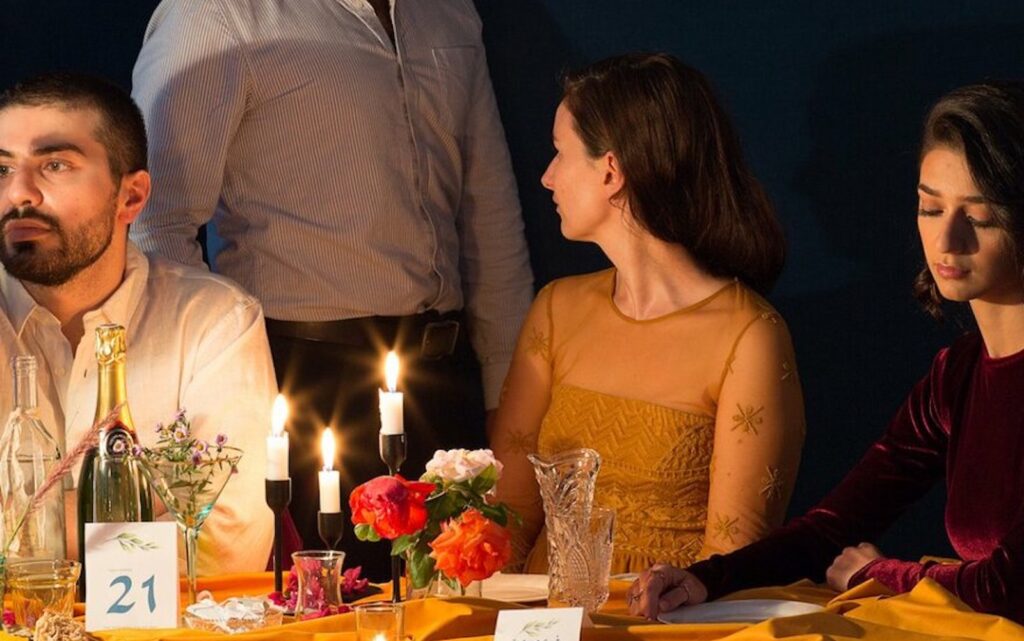Set in the early 1960s, The Will to Be reveals the legacy of systemic homophobia.
The 1960s is typically romanticised as a time of personal and cultural liberation driven by youth counterculture, feminism, civil rights and free love. But in much of the Western world, the laws regarding homosexuality were positively barbaric.
England and Wales decriminalised same-sex sexual activity for people over the age of 21 in 1967, while Illinois was the only US state to decriminalise any time before the 1970s. Australia wasn’t particularly sprightly in this regard, either. South Australia got there first, decriminalising acts of male homosexuality in 1975, and Victoria followed suit in 1981.
For all the latest from the arts world head here.
This disparity – between the impression of the enlightened ‘60s and the draconian reality for LGBTIQ+ individuals – underpins The Will to Be, the latest solo show from theatre maker Mark Salvestro.
“I was inspired by what was happening within the ‘60s and looking back at that era and what it might’ve been like,” says Salvestro.
The work revolves around the experiences of William O’Halloran, a queer academic who’s ousted from his junior lecturer role at a major university on account of his sexual orientation. It’s set in 1962, and its placement at the beginning of the decade is significant.
“I wanted to put it in a time where it wasn’t even close to decriminalisation in Australia,” says Salvestro. “The early ‘60s was before the real activism age of the late-‘60s. There’s so much that happened earlier that doesn’t really get the credit – all the people working away and planting all these seeds so that what happened in the ’60s-’70s could happen.”
After learning of his dismissal, William is confronted by a zero-sum choice between martyrdom and sexual and individual repression.
“His teaching has been his purpose and what he’s contributing to the world and then when that’s stripped from him, he has nothing else,” says Salvestro. “So he has to face his sexuality and actually use that to inform what his new purpose is going to be.”
Events are somewhat complicated by the fact that William is married – to a woman, of course – and that the university production of Shakespeare’s Romeo & Juliet is set to premiere that evening.
Salvestro is no stranger to the works of Shakespeare, having previously performed in an Australian Shakespeare Company production of The Comedy of Errors. The Will to Be is his second solo show, following 2016’s Buried at Sea. He’s been the lone performer in both.
“I just like that form of storytelling,” he says. “There’s a lot of trust you have to put into the audience in terms of what they create with their imagination and how I can play with language in creating the different characters and the different worlds.”
View this post on Instagram
The Will to Be premiered at the 2019 Melbourne Fringe Festival before travelling to Adelaide Fringe in early 2020 where it won a Best Theatre Weekly award. It’s returning to Melbourne this month for five nights at La Mama Courthouse as part of the later-than-usual Midsumma Festival.
For Salvestro, the play is an opportunity to remind people that LGBT rights only came about after years of determined campaigning. We’ve certainly come a long way since the era in which the play is set – a university lecturer is now more likely to come under fire for expressing homophobic views than for acting on their queer identity – but the enhanced liberties are by no means fixed.
“I can’t help but feel that sometimes people forget what they’re celebrating when it comes to pride and pride marches,” says Salvestro. “People forget what came before them, whether that’s younger people in the queer community who just aren’t aware, or everyone else that participates; the corporate sponsors of Mardi Gras, other non-queer people.
“I feel if I can just tell a little piece of history, which might explain what some people’s experience might’ve been, perhaps people will have a little bit more understanding and empathy towards why those events need to happen. And also how [pride events] can change a bit and align a bit more with what they used to be – [for pride] to still have change and activism at its heart.”
Mark Salvestro’s The Will to Be is on at La Mama Courthouse as part of Midsumma Festival from Monday April 19 until Friday April 23. Grab tickets here.
